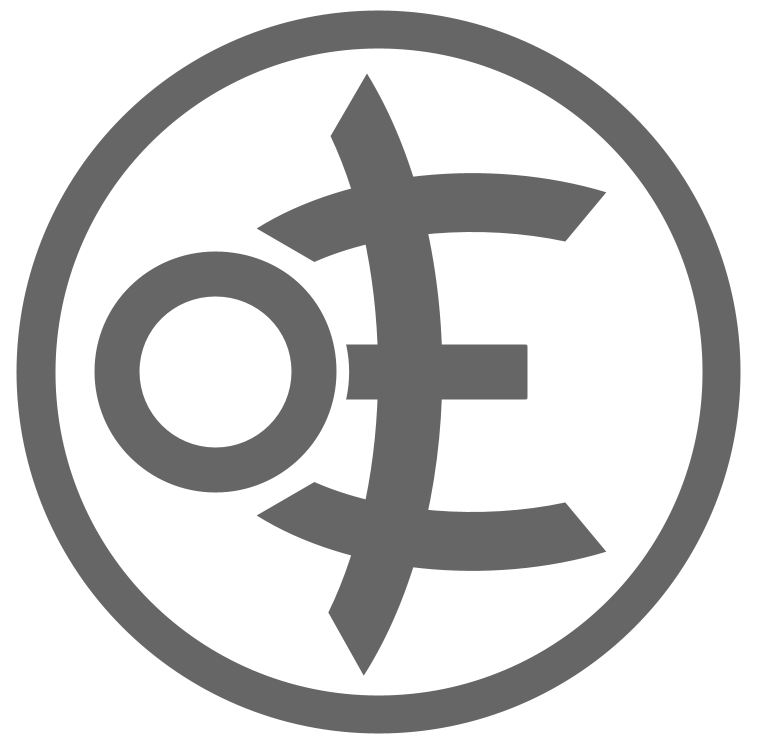@[email protected] asked “why are folks so anti-capitalist?” not long ago. It got quite a few comments. But I noticed a trend: a lot of people there didn’t agree on the definition of “capitalism”.
And the lack of common definition was hobbling the entire discussion. So I wanted to ask a precursor question. One that needs to be asked before anybody can even start talking about whether capitalism is helpful or good or necessary.
Main Question
- What is capitalism?
- Since your answer above likely included the word “capital”, what is capital?
- And either,
- A) How does capitalism empower people to own what they produce? or, (if you believe the opposite,)
- B) How does capitalism strip people of their control over what they produce?
Bonus Questions (mix and match or take them all or ignore them altogether)
- Say you are an individual who sells something you create. Are you a capitalist?
- If you are the above person, can you exist in both capitalist society and one in which private property has been abolished?
- Say you create and sell some product regularly (as above), but have more orders than you can fulfill alone. Is there any way to expand your operation and meet demand without using capitalist methods (such as hiring wage workers or selling your recipes / process to local franchisees for a cut of their proceeds, etc)?
- Is the distinction between a worker cooperative and a more traditional business important? Why is the distinction important?


I really feel like this definition is fairly incomplete. All the traits you mentioned can also describe feudalism, but replacing “capitalist” with “noble”, which is sanctioned and invested by other nobles or the suzerain. You could say that capitalism is “any system that supports private ownership of private property that is used to collect the products of another person’s labor”. With the mention that the private ownership can be asserted by either a person or an organized group of persons, but both private entities
Ah… good point. My description did nothing to distinguish capitalism from feudalism. There is necessity for some mention of who is allowed ownership of this form of property. (Or what is allowed ownership as is often the case.)
As for the word private though: I wanted to avoid more terms I would need to define that might obscure my definition. Also I’m not even sure what distinguishes private ownership from other kinds of ownership. Or what makes a private entity.
But thanks for the input. At some point I’ll edit my definition.